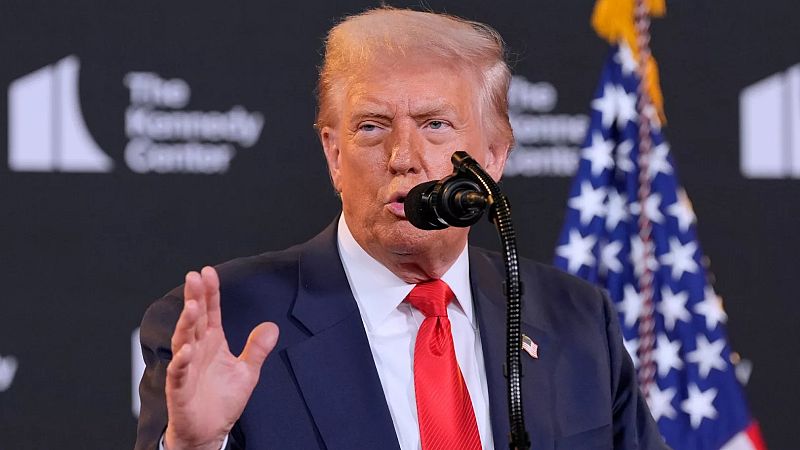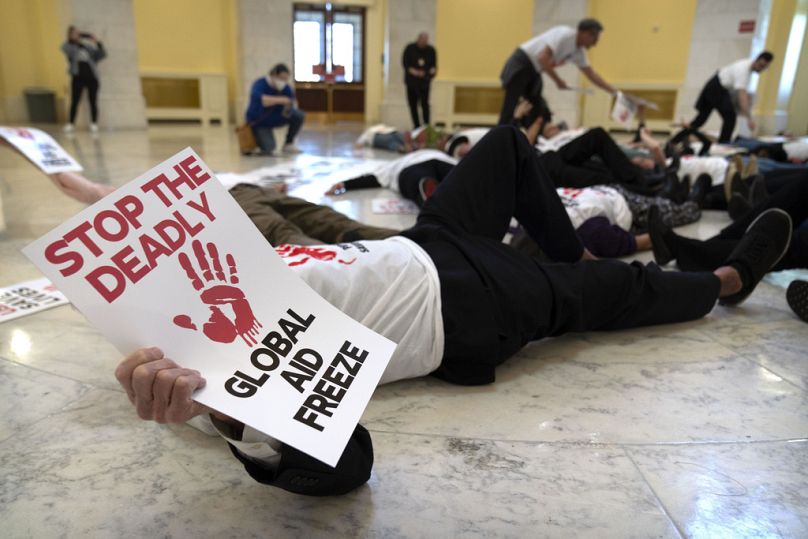Appeals court backs Trump's foreign aid freeze, triggering global concerns

A US Court of Appeals ruled on Wednesday that the Trump administration can suspend or terminate billions of dollars of congressionally appropriated funding for foreign aid, seven months after the US president's executive order triggered a global crisis in the humanitarian aid sector.
A divided panel of appeals court judges concluded that grant recipients challenging the freeze did not meet the requirements for a preliminary injunction restoring the flow of funds.
The ruling clears any controversy surrounding the issue for US President Donald Trump, who, on the first day of his second term in the White House, issued an executive order directing the US State Department and the US Agency for International Development (USAID) to freeze spending on foreign aid.
After groups of grant recipients sued to challenge Trump's executive order, US District Judge Amir Ali ordered the administration to release the full amount of foreign assistance that Congress had appropriated for the 2024 budget year.
However, two of the three judges from the US Court of Appeals for the District of Columbia Circuit partially vacated Ali’s order.
Millions of lives at risk
According to Judges Karen LeCraft Henderson and Gregory Katsas, the plaintiffs did not have a valid legal basis for the court to hear their claims.
The ruling was not on the merits of whether the government unconstitutionally infringed on Congress’s spending powers.
“The parties also dispute the scope of the district court’s remedy, but we need not resolve it ... because the grantees have failed to satisfy the requirements for a preliminary injunction in any event,” Henderson wrote.
Judge Florence Pan, who dissented, said the Supreme Court has held “in no uncertain terms” that the president does not have the authority to disobey laws for policy reasons.
“Yet that is what the majority enables today,” Pan wrote. “The majority opinion thus misconstrues the separation-of-powers claim brought by the grantees, misapplies precedent, and allows Executive Branch officials to evade judicial review of constitutionally impermissible actions.”
Last month, data published in The Lancet medical journal warned that Trump's decision to reduce the majority of US financing for international humanitarian relief could result in an additional 14 million fatalities by 2030.
According to the journal, researchers estimated that children accounted for one-third of people at risk of dying young and that the shock that low- and middle-income nations were experiencing was "comparable in scale to a global pandemic or a major armed conflict," co-author Davide Rasella said.
In March, US Secretary of State Marco Rubio said that the USAID had cancelled more than 80% of its programs. The Trump administration has criticised what it considers to be excessive expenditure.
Today


